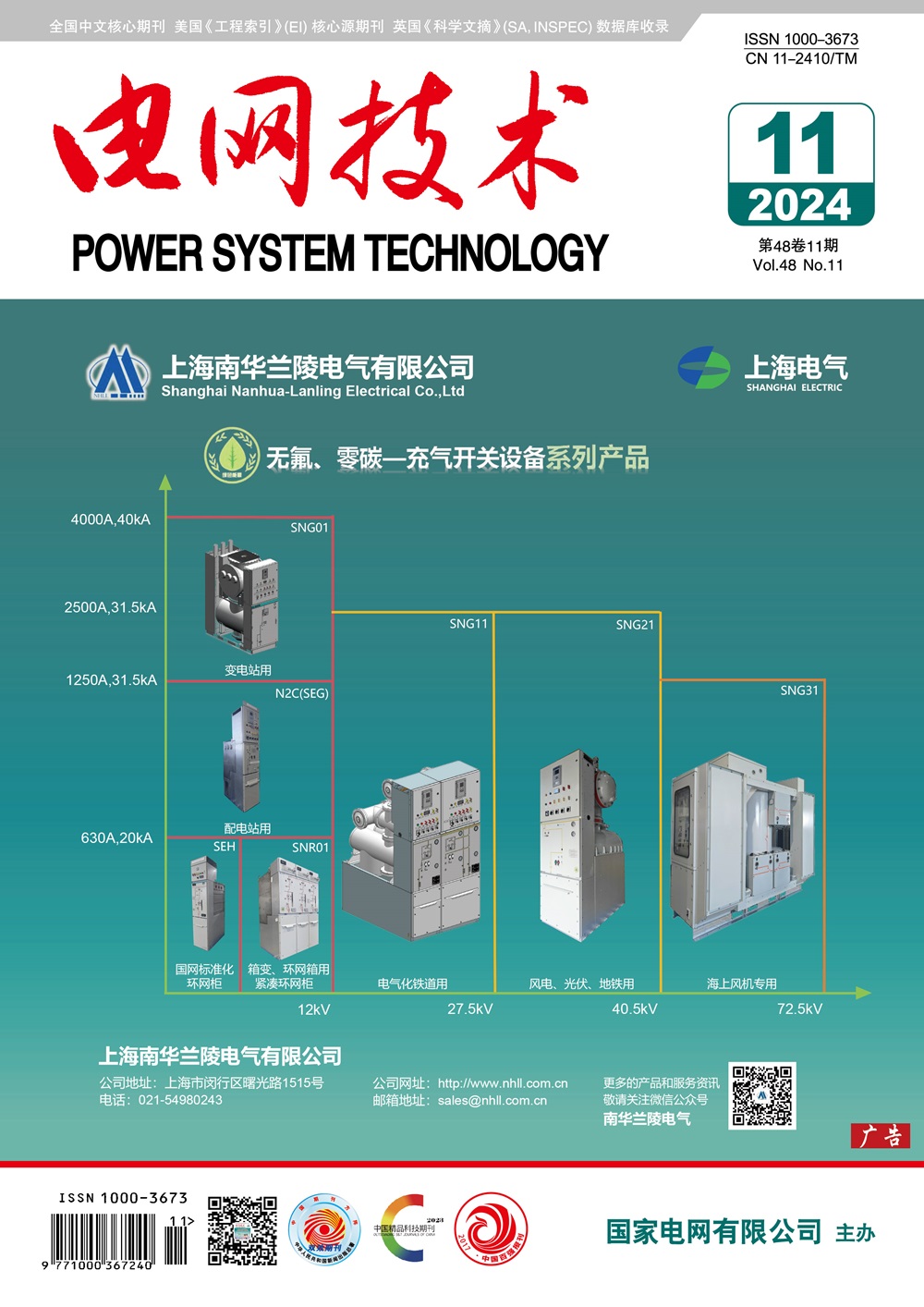Smart Cities and Smart Supply Chain: Integration for Sustainable Urban Development.
Q1 Engineering
引用次数: 0
Abstract
As urbanization accelerates globally, the concept of smart cities emerges as a promising solution to address the multifaceted challenges of sustainable urban development. Smart cities leverage advanced technologies to enhance efficiency, sustainability, and quality of life for their residents. Concurrently, the evolution of supply chain management towards smart supply chains has gained traction, driven by the imperative of optimizing logistics, minimizing waste, and enhancing resilience. This paper explores the integration of smart cities and smart supply chains as a holistic approach to foster sustainable urban development. The integration of smart cities and smart supply chains presents a symbiotic relationship wherein advancements in one domain catalyze improvements in the other. Smart cities rely on seamless and efficient supply chain operations to ensure the smooth flow of goods and services, essential for meeting the needs of urban inhabitants. [1],[2] Conversely, smart supply chains benefit from the data-rich environment and infrastructure of smart cities to optimize routing, inventory management, and last-mile delivery, thereby reducing environmental impact and enhancing overall efficiency. Key components of this integration include the utilization of Internet of Things (IoT) devices, big data analytics, artificial intelligence (AI), and blockchain technology to enable real-time monitoring, predictive analytics, and transparent, secure transactions throughout the urban supply chain. By harnessing these technologies, cities can achieve significant improvements in resource utilization, energy efficiency, and carbon footprint reduction. Furthermore, the paper examines the role of public-private partnerships (PPPs) and regulatory frameworks in facilitating the integration of smart cities and smart supply chains. Collaborative efforts between government entities, industry stakeholders, and technology providers are essential to overcome barriers such as data privacy concerns, interoperability challenges, and investment constraints. In conclusion, the integration of smart cities and smart supply chains represents a promising pathway towards achieving the goals of sustainability, resilience, and prosperity in urban environments. By embracing innovative technologies and fostering collaboration, cities can pave the way for a more efficient, equitable, and environmentally conscious future.智能城市和智能供应链:整合促进可持续城市发展。
随着全球城市化进程的加快,智慧城市的概念应运而生,成为应对城市可持续发展多方面挑战的一个前景广阔的解决方案。智慧城市利用先进技术提高效率、可持续性和居民生活质量。与此同时,在优化物流、减少浪费和提高复原力的迫切要求的推动下,供应链管理向智能供应链的发展也获得了牵引力。本文探讨了智慧城市与智慧供应链的整合,以此作为促进城市可持续发展的整体方法。智慧城市与智慧供应链的融合呈现出一种共生关系,其中一个领域的进步会促进另一个领域的改善。智慧城市依赖于无缝、高效的供应链运作,以确保货物和服务的顺畅流动,这对满足城市居民的需求至关重要。[1]、[2] 反过来,智慧供应链也受益于智慧城市数据丰富的环境和基础设施,以优化路线、库存管理和最后一英里交付,从而减少对环境的影响并提高整体效率。这种整合的关键要素包括利用物联网(IoT)设备、大数据分析、人工智能(AI)和区块链技术,在整个城市供应链中实现实时监控、预测分析以及透明、安全的交易。通过利用这些技术,城市可以在资源利用、能源效率和减少碳足迹方面实现显著改善。此外,本文还探讨了公私合作伙伴关系(PPP)和监管框架在促进智慧城市和智慧供应链整合方面的作用。政府实体、行业利益相关者和技术提供商之间的合作对于克服数据隐私问题、互操作性挑战和投资限制等障碍至关重要。总之,智慧城市和智慧供应链的整合是实现城市环境可持续性、复原力和繁荣目标的一条大有可为的途径。通过采用创新技术和促进合作,城市可以为更高效、公平和环保的未来铺平道路。
本文章由计算机程序翻译,如有差异,请以英文原文为准。
求助全文
约1分钟内获得全文
求助全文
来源期刊

电网技术
Engineering-Mechanical Engineering
CiteScore
7.30
自引率
0.00%
发文量
13735
期刊介绍:
"Power System Technology" (monthly) was founded in 1957. It is a comprehensive academic journal in the field of energy and power, supervised and sponsored by the State Grid Corporation of China. It is published by the Power System Technology Magazine Co., Ltd. of the China Electric Power Research Institute. It is publicly distributed at home and abroad and is included in 12 famous domestic and foreign literature databases such as the Engineering Index (EI) and the National Chinese Core Journals.
The purpose of "Power System Technology" is to serve the national innovation-driven development strategy, promote scientific and technological progress in my country's energy and power fields, and promote the application of new technologies and new products. "Power System Technology" has adhered to the publishing characteristics of combining "theoretical innovation with applied practice" for many years, and the scope of manuscript selection covers the fields of power generation, transmission, distribution, and electricity consumption.
 求助内容:
求助内容: 应助结果提醒方式:
应助结果提醒方式:


